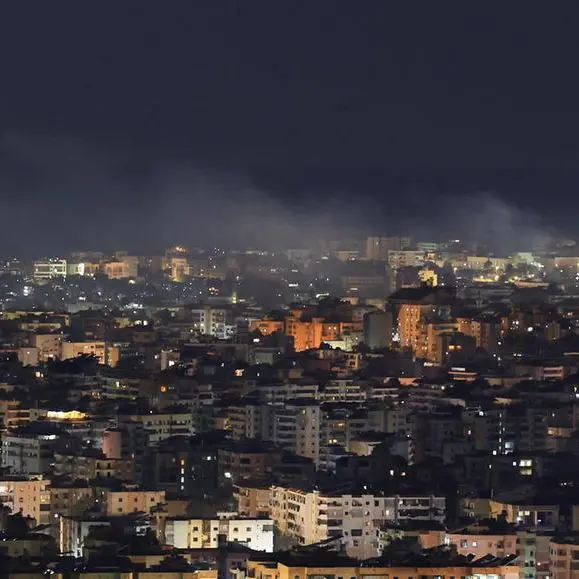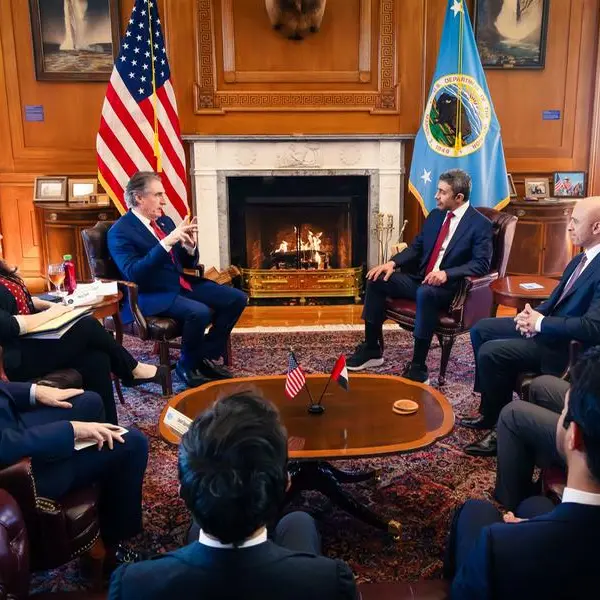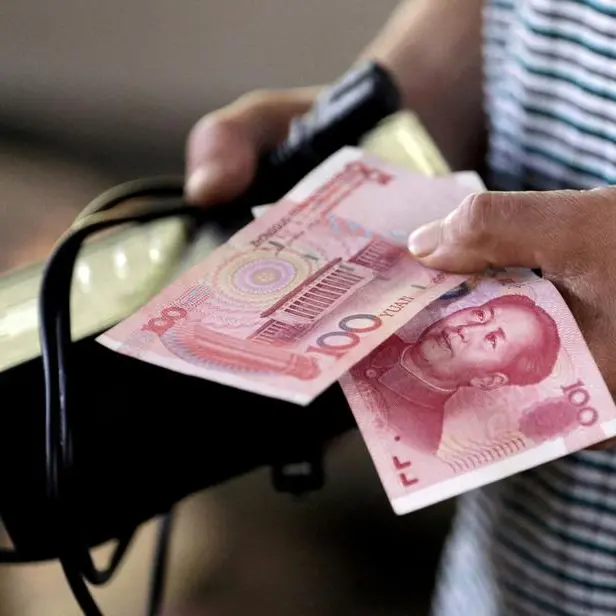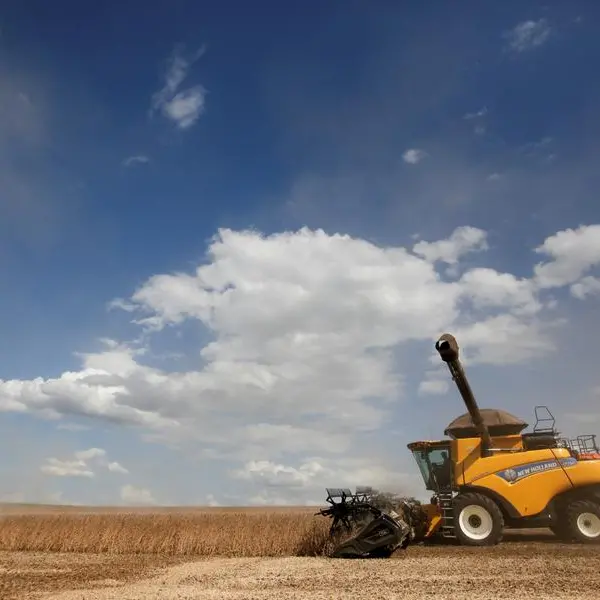The rise in interest rates will be a challenge for the regional countries and a head-wind for the non-oil sectors, say economists.
The Federal Reserve chief Jerome Powell on Wednesday hinted that US central bank will raise interest rates from March 2022. Economists believe that the US will likely raise rates four times in the near future. While Bank of America expects Fed to hike rates by 25 basis points seven times this year.
“Central banks in the Gulf will have to raise interest rates in line with the Fed by virtue of their dollar pegs, adding to headwinds facing non-oil sectors. Outside the Gulf, the main risk is that external financing conditions tighten sharply as major DM central banks raise interest rates,” says William Jackson, chief emerging markets economist at Capital Economics.
He said the recovery in Saudi Arabia’s non-oil sector has lost steam since the new variant Omicron emerged but conditions in the oil sector continued to improve and, as Opec+ raises its production quota further, this will provide a substantial boost to the economy over the course of 2022. The rise in oil prices will help offset the impact of the interest rate hike in the region.
Crude prices have been on fire, rising for a sixth straight week as the demand outlook improves and geopolitical fears could lead to severe production disruptions.
The supply side continues to support a tight market as Opec+ is expected to stick to their plan of increasing output by 400,000bpd in March, even though their compliance last month only hit 60 per cent of the plan.
“Now that $90 oil is here, it won’t take much to get prices to $100 and that will just intensify the global energy crisis. News of an Omicron subvariant have not rattled markets as boosters appear to still be getting the job done,” says Edwar Moya, senior market analyst at Oanda.
In the rest of the Gulf, recently-released economic figures showed recoveries continued at a decent pace.
UAE oil production up
According to Capital Economics economists, in the UAE’s oil sector, production edged up to 2.88 million barrels per day and output grew by 11.8 per cent in December.
“The sector will continue to support headline GDP growth as Opec+ raises its quota and the UAE has its base level quota increased in May. Finally, headline inflation rose from 1.9 per cent year-on-year in October to a three-year high of 2.6 per cent in November on the back of higher food inflation.”
It further said that mobility in the UAE has fallen sharply in recent weeks, although it remains at very high levels.
“The Dubai World Expo has been a key driver of activity in the Emirates’ non-oil sector in recent months. Residential real estate prices rose by 0.6 per cent month-on-month in December, leaving them 9.3 per cent above their level from a year ago. But prices are still 27 per cent below their 2014 peak. Tourist numbers have improved significantly, but were still 24 per cent below pre-virus levels in November and hotel occupancy rates remain subdued at a touch over 60 per cent.
Copyright © 2022 Khaleej Times. All Rights Reserved. Provided by SyndiGate Media Inc. (Syndigate.info).




















